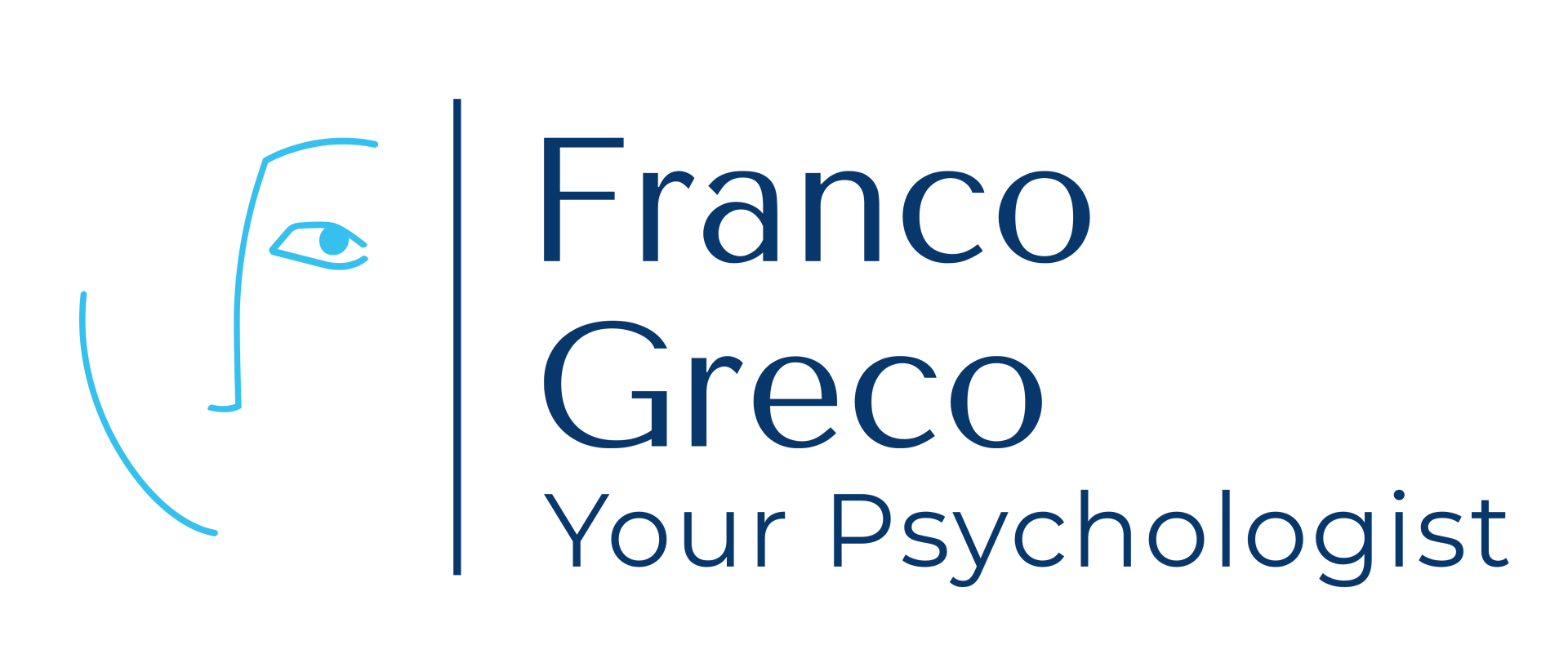What you know about how you learn is wrong
This quote from Edgar Allen Poe (1899) highlights that people are very good dismissing seemingly irrelevant connections to function in the world.
This is called ‘latent inhibition … a mental tool to experience the world in a manageable way.
Latent inhibition describes the process we use attribute relevance or more specifically irrelevant to insignificant and not worthy things, events or people that don’t further attention.
I listened to a great discussion on Dr Scott Kaufman’s program, The Psychology Podcast, where he recently discussed this issue with the Dr Jordan Peterson, a clinical psychologist and researcher.
Dr Peterson goes on to say that,
How do creative people see the world is not often like that … they have decreased latent inhibition the ability to re-examine and transform familiar meanings into novel patterns which in turn enables higher levels of creative achievement.
There is evidence that reduced latent inhibition is associated with openness to experience – one of the ‘Big 5’ personality traits. People with high openness to experience are flexible and creative, embrace new ideas and take on challenging intellectual or cultural pursuits.
You can assess your tendency to be being open by taking the ‘How open are you to experiences?’ Quiz at:
https://content.leadquizzes.com/lp/muIfkONkjw
Regardless, if you have high, average or low openness to experience, you can develop openness to experience habits that can maximize your potential for creative growth.
For example, examining exercises to let your imagination run wild or changing your routine around are effective ways to stimulate openness.
If you would like to know more about the openness to experience domain, and strategies to develop it, or find out about the other personality domains schedule a free 15 minute consultation at:
https://yourpsychologist.net.au/contact/
